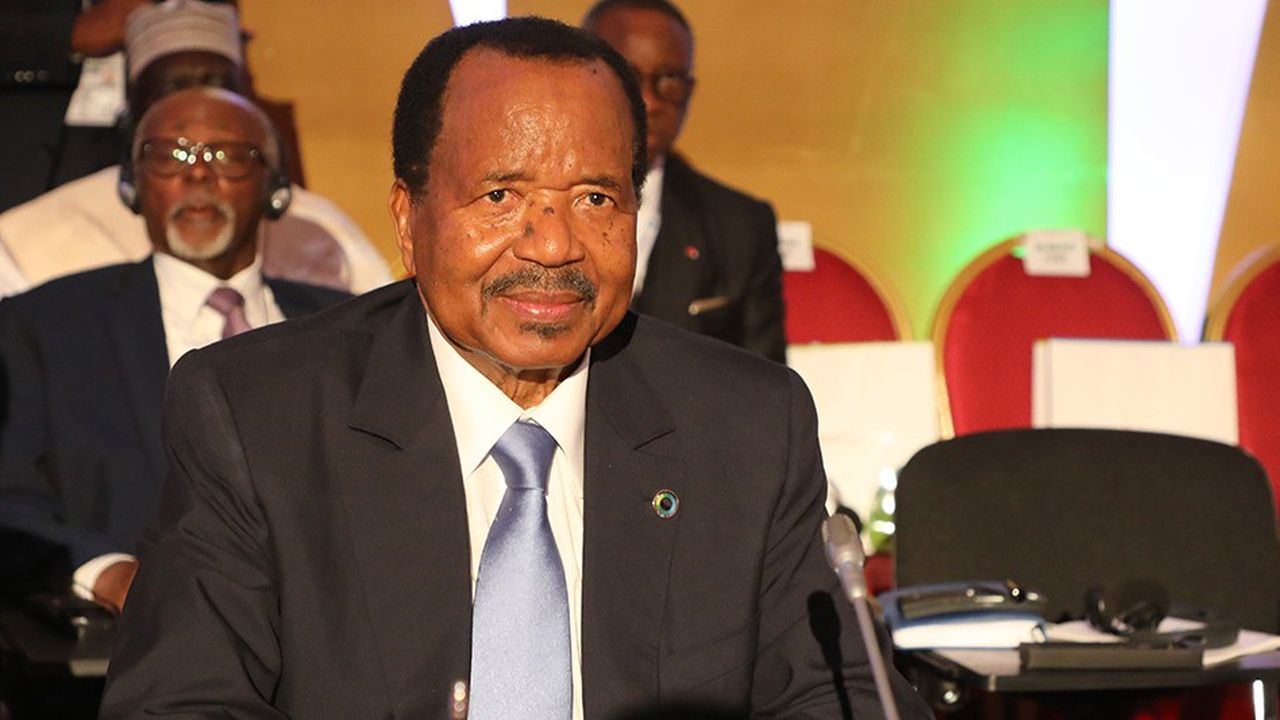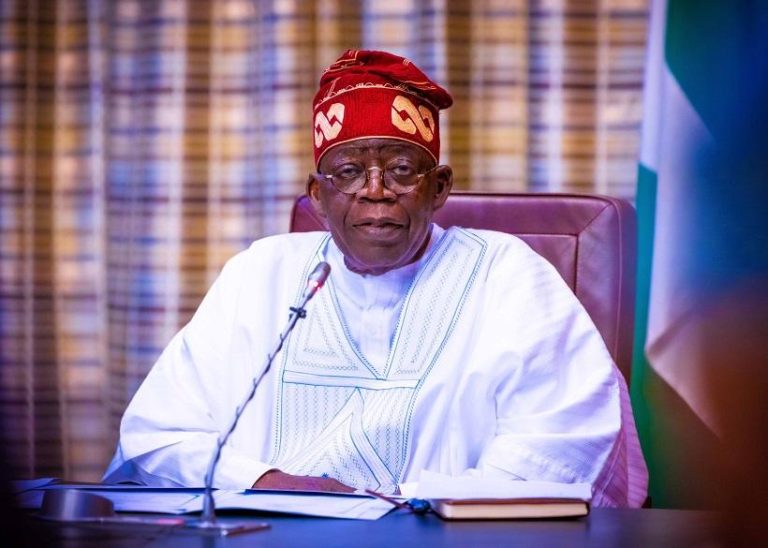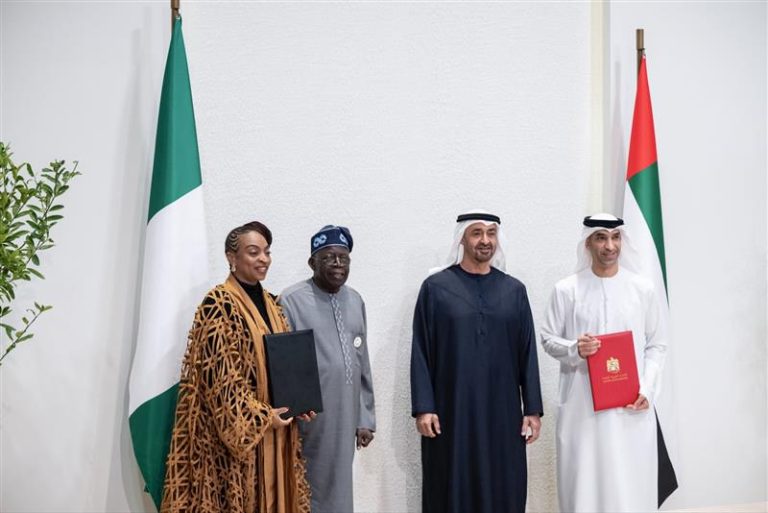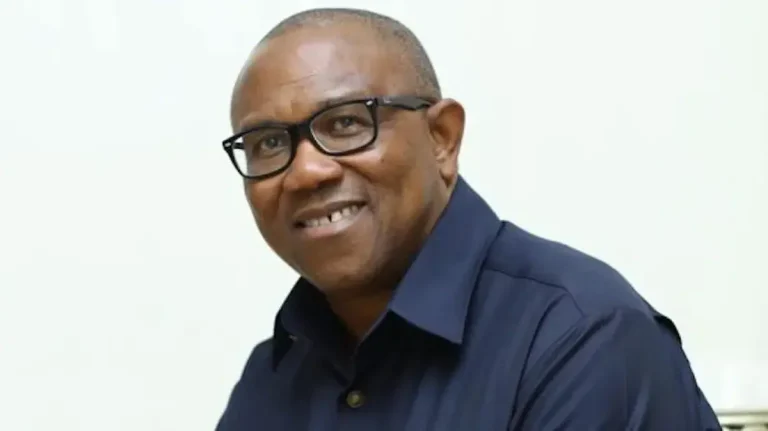
Cameroon’s long-serving leader, Paul Biya, has been re-elected for an unprecedented eighth term in office at the age of 92, extending his more than four-decade grip on power.
According to official results announced by the Constitutional Council on Monday, Biya secured 53.7% of the votes in the October 12 presidential election, defeating his main rival and former government minister, Issa Tchiroma Bakary, who garnered 35.2%.
Tchiroma had declared himself the winner two days after polls closed, claiming to have received 54.8% of the vote compared to Biya’s alleged 31.3%, and has since denounced the outcome as fraudulent.
Protests Turn Deadly
Tensions flared ahead of the official announcement as four people were killed in violent clashes between security forces and opposition supporters across several cities.
Authorities said protesters loyal to Tchiroma defied a government ban on public gatherings, marching to demand recognition of what they insist was their candidate’s victory.
In the commercial hub of Douala, the regional governor, Samuel Dieudonné Ivaha Diboua, confirmed that demonstrators “attacked” police stations and a gendarmerie brigade on Sunday.
“Four people, unfortunately, lost their lives, and several members of the security forces were injured,” Diboua said.
Eyewitnesses told AFP that security forces fired live ammunition after an initial volley of tear gas. “They fired — three bodies fell right in front of us,” one protester said, requesting anonymity.
A Reign Unbroken Since 1982
Biya, often referred to as “the Sphinx” for his secrecy and longevity, is the world’s oldest serving head of state and only the second president in Cameroon’s history since the country gained independence from France in 1960.
Critics accuse him of presiding over a deeply flawed political system, suppressing dissent, and maintaining power through tight control of state institutions, the military, and the electoral process.
His continued rule comes amid widespread economic inequality, social unrest, and ongoing separatist conflicts in Cameroon’s English-speaking regions.
Despite mounting pressure from the opposition and international observers for democratic reforms, Biya’s reelection extends his 43-year rule — cementing his position as one of Africa’s most enduring and controversial leaders.



